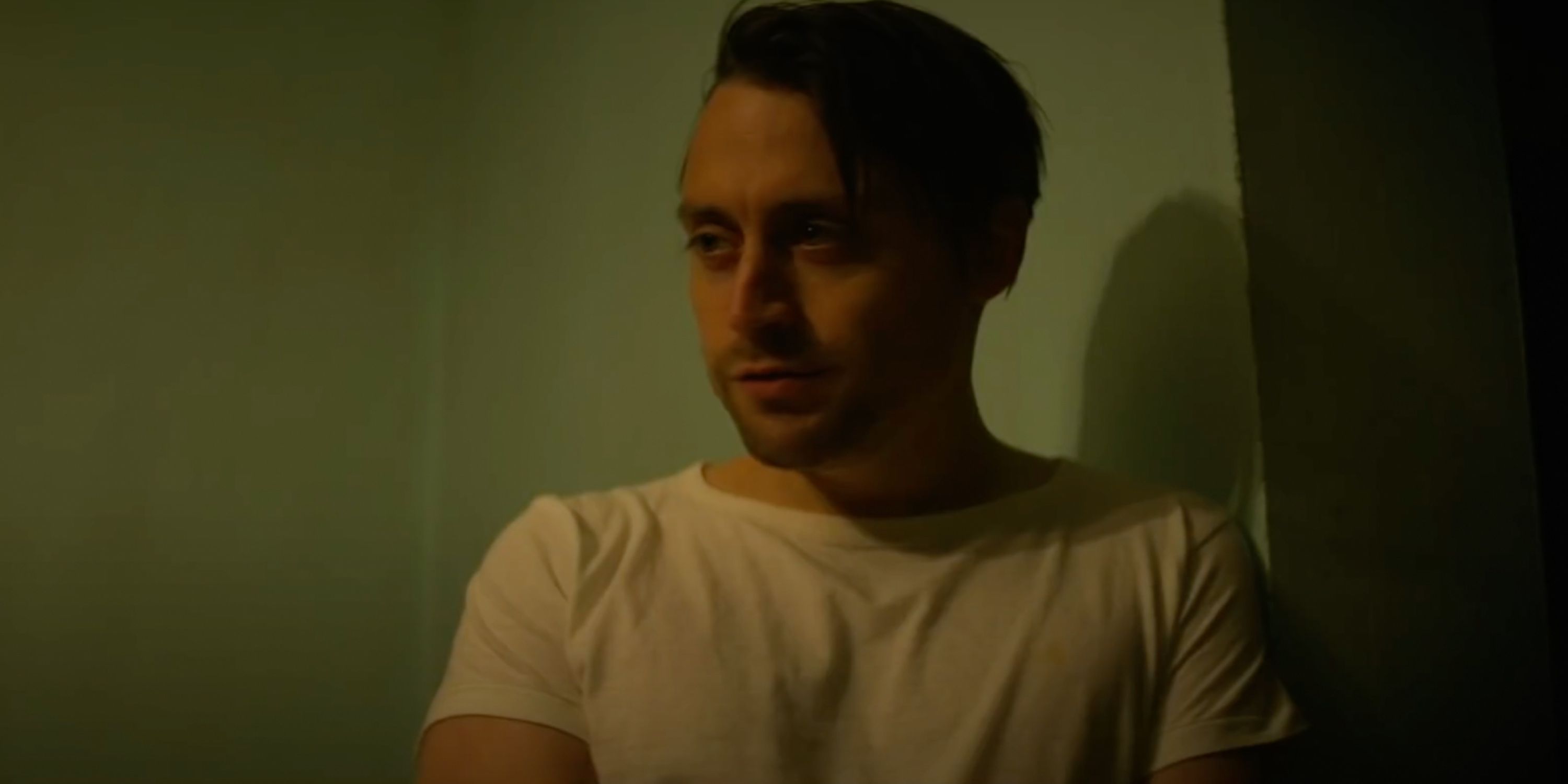No Sudden Move, out now on HBO Max, is a brilliant mix between a heist movie and a noir film. The story is set in 1950s Detroit, where what should have been a simple job to hit the big time goes horribly wrong.
Kieran Culkin, who plays one of the criminals that’s in over his head, spoke to Screen Rant about diving into his character and admiring directing Steven Soderbergh’s process.
This is essentially a babysitting job that goes wrong, and Charley is almost the catalyst to the chain of events where everything starts going wrong. What can you tell me about who Charley is?
Kieran Culkin: What I'm sort of able to gauge about Charley is that he's not as experienced in this world as he'd like people to think. I think this is him trying to get his foot in the door; trying to act like a big shot, and hoping that all goes well.
I don't think he is much of a mobster guy. In my mind, I don't think he's ever killed anyone before. I think when he was given this task, and was told that if things go wrong, "Hey, would you be fine? If this doesn't go right, you might have to kill an entire family." And he goes, "Yeah, that's fine." "And then you might have to kill your partners too." "Yeah, that'll be no problem."
And I think he's just saying that, and really he is petrified and is just sort of faking it till he makes it - and really hoping he makes it.
Can you tell me how Charley views Curt and Ronald?
Kieran Culkin: I think [he sees them] as very established, I mean, they're also a bit on the precipice. They're not fully made, as far as I can tell, but they're experienced. They seemingly, from Charley's perspective, know what they're doing.
And they're from different parts too. The point is these three don't know each other, so I'm aware of who they are and know that these guys have the actual tools in their kit - and that I don't. I'm this five-foot seven little guy with a gun in my hand saying, "Yeah, me too. I can do this as well."
I love that early on Charley tries to almost manipulate the situation, when he's talking to Ronald about Curt's past. I think that was brilliant, but that's all in the writing of Ed Solomon. What really stood out about his script that attracted you to the role and the project?
Kieran Culkin: That's really interesting, and I really wish I had a really good answer for that. I don't; my brain doesn't work like that. I go, "Oh, good script! Me likey." And then I go, "Oh, character! Me can play that. Me likey."
What's funny is, if I don't like it, I have all the words for you as to why it doesn't work. But when something works, I go, "That works. I don't even want to question it. It works."

I love that process. This film is not only a brilliant heist movie, but it's a great noir film set on the backdrop of racially-charged Detroit in 1950s. Can you talk to me about how that adds a layer to this film?
Kieran Culkin: It's hard for me to talk about how that adds a layer to it. Because even when we got to Detroit, I was not really aware of the history that city had with that stuff. Even now, it would be tough for me to try to bring it up and shed any kind of actual new light on it.
Locals were telling me about the history of Detroit, and it was like, "Oh, that's not something I really knew about," and not really something I feel like I am comfortable speaking to.
Steven Soderbergh is one of those directors that almost edits the film in his head when he's shooting it. Can you talk to me about working with Steven, his directing style, and the collaboration process with him?
Kieran Culkin: I don't think he was even editing in his head while he was shooting it. He was editing: we would shoot half a day, we go back to the hotel, and he would edit.
We shot the whole kitchen sequence and - I believe, a day or two days after we finished the kitchen sequence - he showed me his first cut of it, including putting in the sound for the ringing phone. Some sound editing and stuff was in there. It's quite incredible.
And he doesn't have the movie in his head, the way that I've worked with some filmmakers - like Edgar Wright, when I worked with him once. He had the whole film in his head, including the music cues and the shots in it. He just had to go through the motions of actually shooting the thing. He had the film he just needed to make it.
Steven is like, "Here's a great script. Here are some great actors I like working with. Here are all these great people I'd like to work with." You show up the scene, the actors start doing this, he goes, "Give me a camera," and we just shoot it fast. And then he's in the editing room later that day. It's fun, man. It's a lot of fun.
No Sudden Move is now streaming on HBO Max.
https://ift.tt/3yrdWaO
July 06, 2021 at 12:04AM





